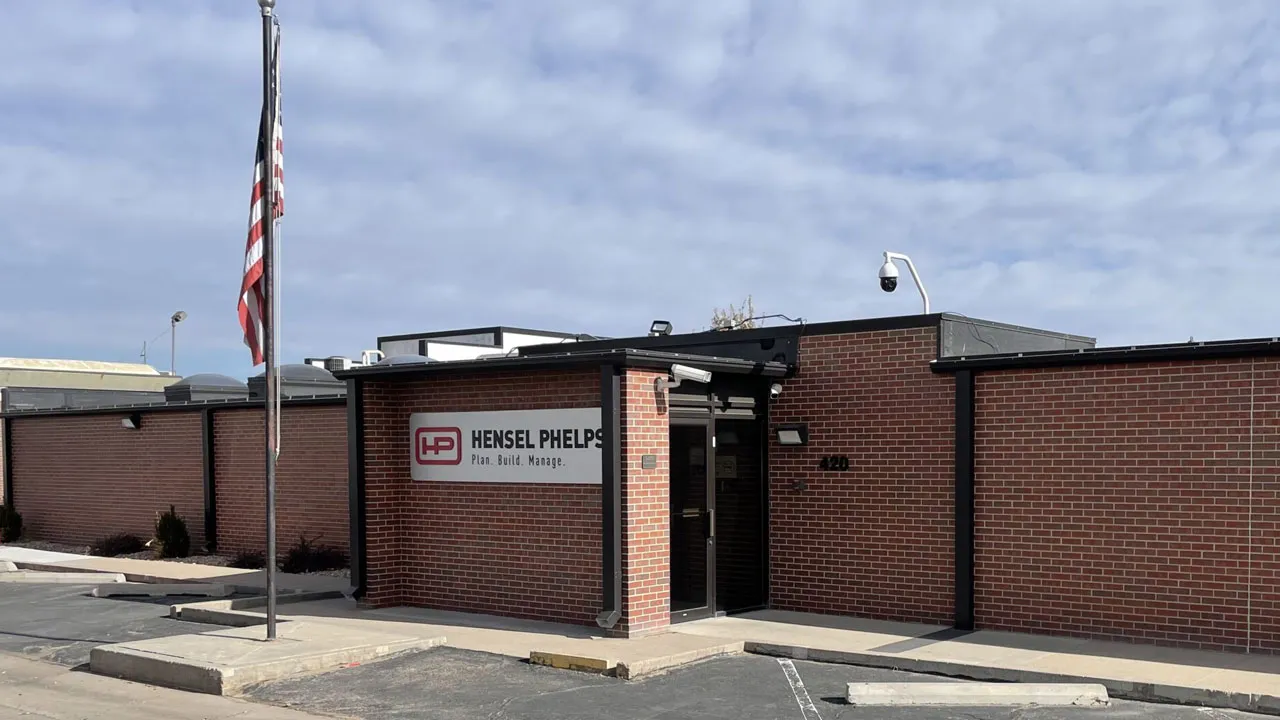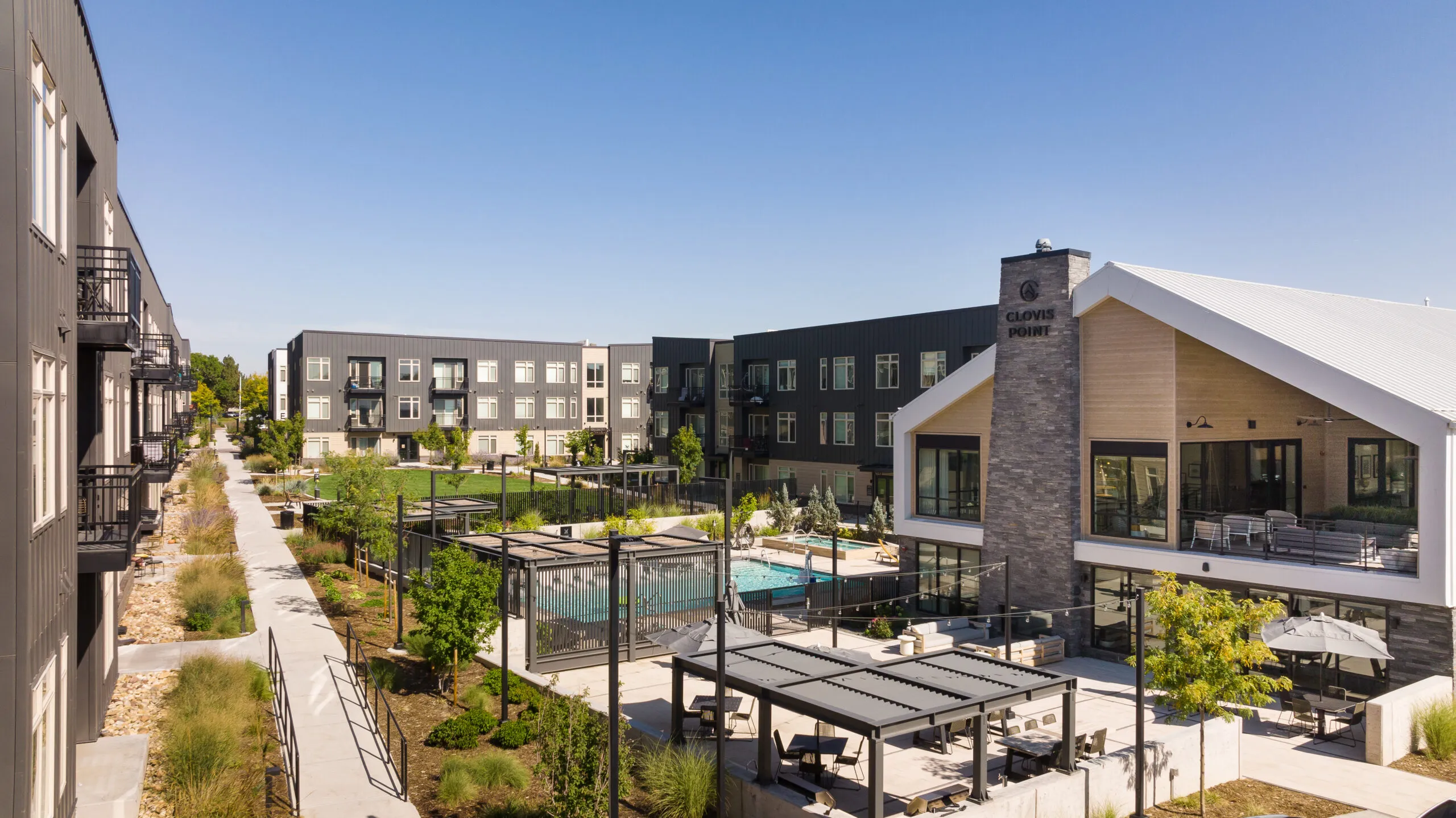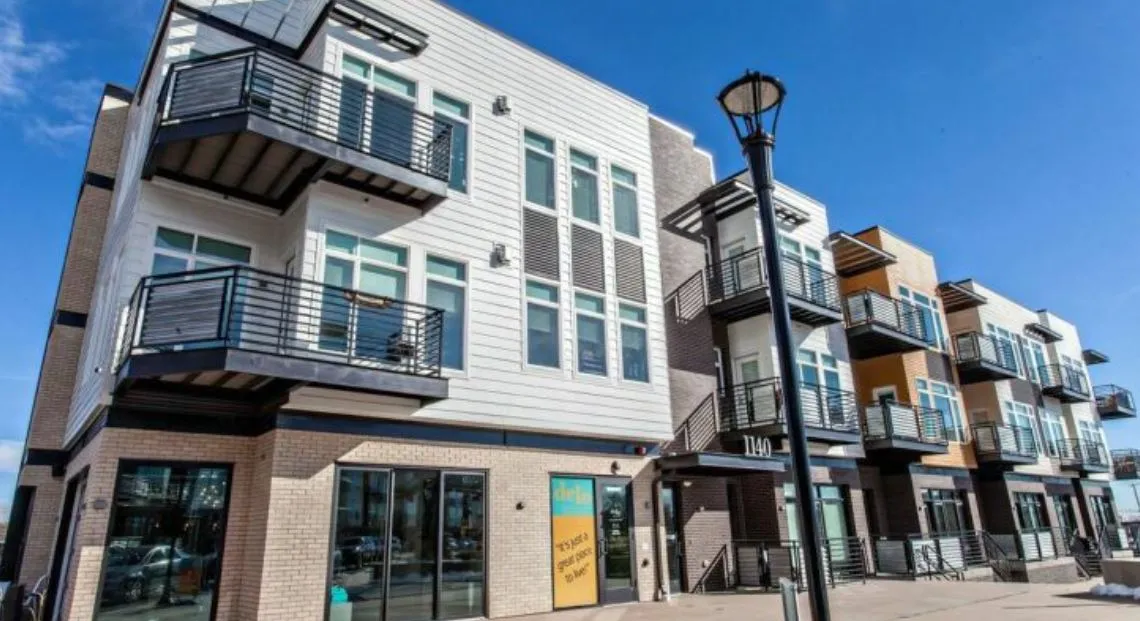Ken Wolf sues RiNo landlord to extend leases for Sushi-Rama, Il Posto
This story first ran on BusinessDen.com, a BizWest news partner.
The honeymoon is over between a RiNo developer and the out-of-state firm that paid $55 million for his real estate holdings in the area in 2018.
Ken Wolf — an early force behind RiNo’s transformation — last week sued Washington D.C.-based Edens on behalf of Sushi-Rama and Il Posto, two restaurants that he put in their spaces. He’s a co-owner of both.
“I can’t tell you how many emails I sent to him saying please don’t make me do this,” Wolf said in an interview with BusinessDen, referring to Edens’ local executive Tom Kiler. “I appreciate what…
THIS ARTICLE IS FOR SUBSCRIBERS ONLY
Continue reading for less than $3 per week!
Get a month of award-winning local business news, trends and insights
Access award-winning content today!




